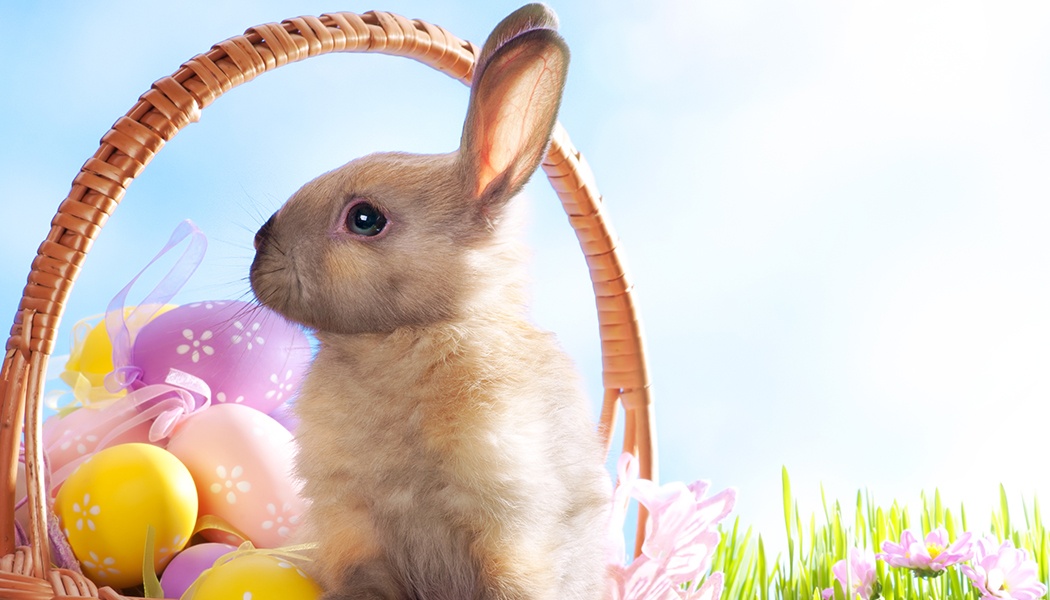FROLICKING THROUGH THE grass for brightly decorated eggs has always been one of the
most memorable Easter traditions, but what is the history behind the Easter egg hunt? Like many of the holiday’s best-known customs, the egg hunt dates back thousands of years.
The word “Easter” is thought to come from the Teutonic goddess of springtime Eostre, who was
commonly associated with rabbits and to their connection with fertility. Early Germanic cultures believed that Eostre and her egg-laying rabbits heralded the beginning of spring.
Easter eggs and Easter egg hunts are largely a pagan tradition and though its roots aren’t entirely clear, it is believed that egg hunts date back to the 1700’s. The Pennsylvania Dutch believed in an egg-laying hare called Oschter Haws. Folklore has it that this rabbit laid eggs in the grass and children were encouraged to build nests for it to lay in with hopes to search for the eggs it left behind. Oschter Haws eventually became the Easter Bunny, who is known for the tradition of creating nests—or in the modern day, baskets—and searching for his presents hidden around.
The egg has been a symbol of life and rebirth for thousands of years and came to represent the resurrection of Jesus Christ. In fact, Easter eggs were traditionally dyed red to symbolize his blood. The hard shell of the egg represents the sealed Tomb of Christ, and cracking the shell represents Jesus’ resurrection from the dead. Moreover, historically, Christians would abstain from eating eggs and meat during Lent, and Easter was the first chance to eat eggs after a long period of abstinence. Today, Easter is a celebration of the end of Lent, a 40-day period in which many Christians give up certain vices or habits they find pleasurable.
No matter what traditions you celebrate, Easter is a time for spring, renewal and rejoicing with family, friends and loved ones.






